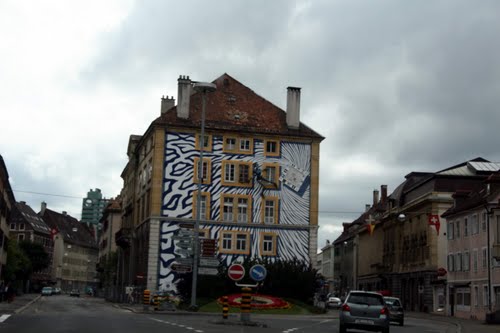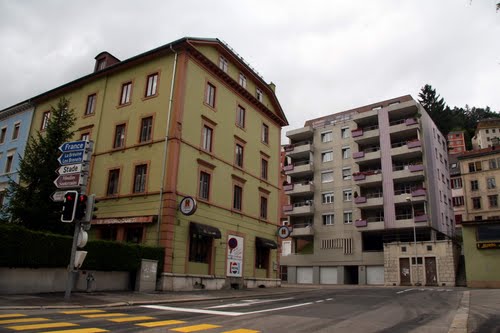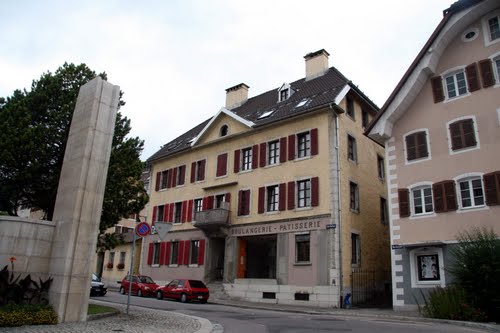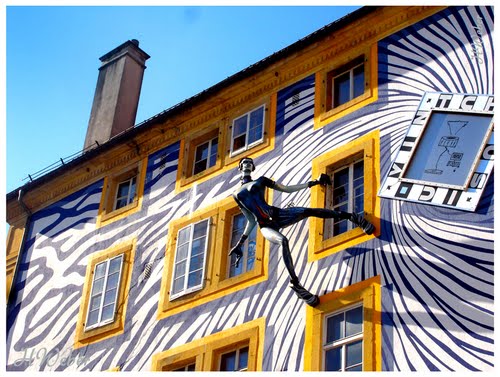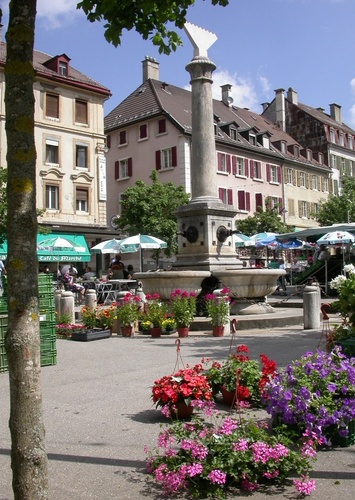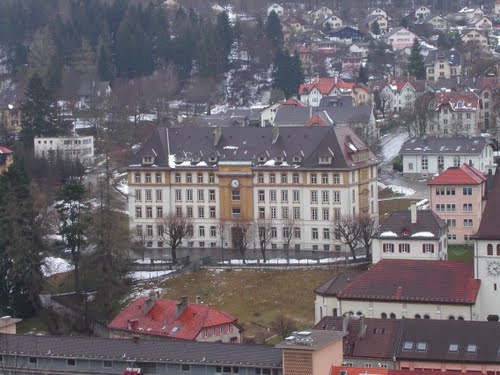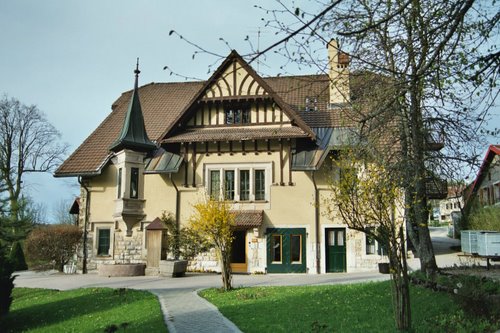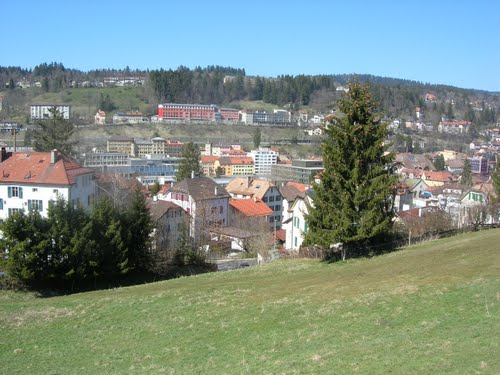Le Locle is a municipality in Le Locle District in the Canton of Neuchatel in Switzerland.
It is situated in the Jura Mountains, a few kilometers from the city of La Chaux-de-Fonds. It is the third smallest city in Switzerland (in Switzerland a place needs more than 10,000 inhabitants to be considered a city).
Le Locle is known as a center of Swiss watchmaking, even cited as the birthplace of the industry, with roots dating back to the 1600s. The municipality has been home to manufactures such as Mido, Zodiac, Tissot, Ulysse Nardin, Zenith as well as Universal Geneve, before the latter company relocated to Geneva. The town's history in watchmaking is documented at one of the world's premier horological museums, the Musée d'Horlogerie du Locle, Monts Castle, located in a 19th-century country manor on a hill north of the city Restored historic underground mills (grainmill, oilmill, sawmill) can be seen in a cave located about one kilometer (0.6 miles) west of the city center.
UNESCO World Heritage Sites
Le Locle, as well as La Chaux-de-Fonds, owes its survival to the manufacturing and exports of watches. The industry of watch making was brought to Le Locle in the 17th century by Daniel JeanRichard, a self-taught watchmaker who encouraged the farmers of the area to start manufacturing watch components for him during the long winters. In the 20th century, the micro-mechanical industry was added.
The watchmaking cities of Le Locle and La Chaux-de-Fonds have jointly received recognition from UNESCO for their exceptional universal value.
Due to the altitude (around 1,000 m (3,300 ft)) and the lack of water (porous limestone underground) the land is ill suited to farming. Planning and buildings reflect the watch-making artisans' need for rational organization. They were rebuilt in the early 19th Century, after extensive fires.
Along an open-ended scheme of parallel strips on which residential housing and workshops intermingle, their town planning reflects the needs of the local watch-making culture that dates back to the 17th century, and which is still alive today. Both towns present outstanding examples of mono-industrial manufacturing towns, which are still well-preserved and active. Their urban planning has accommodated the transition from the artisans’ production of a cottage industry to the more concentrated factory production of the late 19th and 20th centuries.
Karl Marx described La Chaux-de-Fonds as a “huge factory-town” in Das Kapital, where he analyzed the division of labour in the watch-making industry of the Jura.
It is the tenth Swiss site to be awarded World Heritage status, joining others such as the Old City of Bern, the Rhaetian Railway, and the Abbey and Convent of St. Gall.





